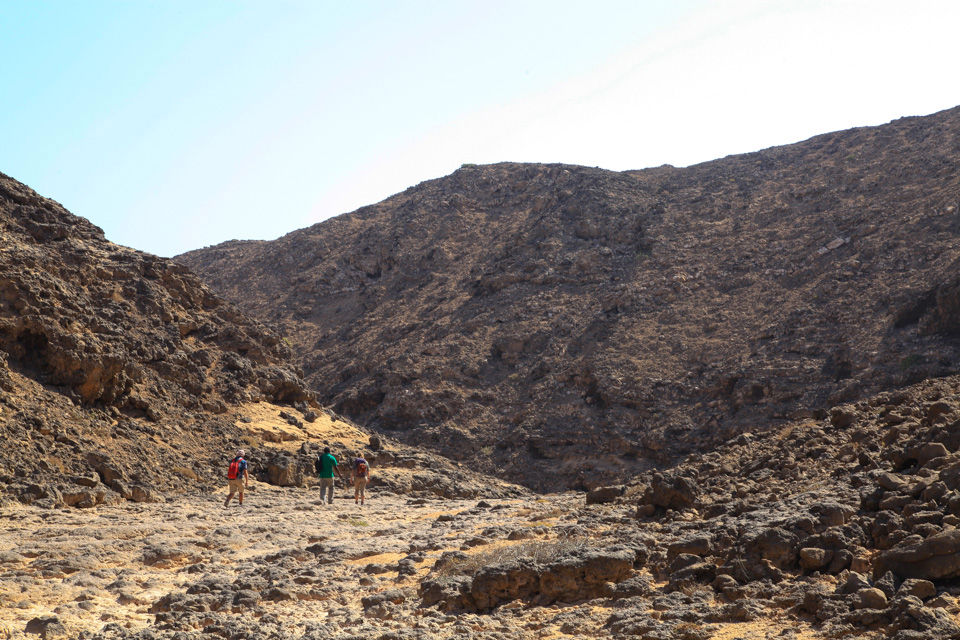12 Pieces of Advice for a PhD (in Conservation Biology)
As much as I enjoyed my PhD, I’ve held off writing this post for the last four years. Better not to count your chickens until they’ve hatched, and I was waiting to hold that weighty thesis in my hands – which I did, finally, last year.
To be clear, you definitely don’t need to be a scientist, doctor, professor or demi-god to work in conservation. In fact, many of the folks that I admire most have only what they learned in the field – and that is often what counts most. But on the other hand, it can be a great way to get into conservation, and so here’s a few things to think about along the way.
Tips for a Conservation PhD
1. Choose a project for the skills, not the species
A PhD is about learning. Not necessarily about the intimate life history of a species (although sometimes that’s the project), but normally a project is built around an approach, technique, idea or theory. Sometimes they use model organisms or long running field sites, established datasets, or something totally new. Whatever the case, you need to be as excited about the idea of lab genetics, bioinformatics, recording phenology, biochemistry etc… as you are about the animal or plant in question.
Sometimes ‘boring’ animals like insects or fish (or perhaps even plants!) are a good choice, because it often means you can get larger sample sizes.
2. Choose your supervisor (as well as the project).
Just as important as a fun sounding project, is a supervisor you can get on with.
A well-known senior academic could be useful, but they are also the busiest, and so it can be hard to get time one-to-one. On the other hand, with an early career academic you might be one of the first PhD students they’ve had. In this situation you’re likely to get a lot more contact and support, but remember you’ll both be learning about the process as you go. Some supervisors are very hands on, others will leave you to get on with it. Which do you prefer?
3. Try and come up with a good way of explaining what you do…
… And don’t worry if it changes every time. Just keep practicing.
It might vary depending on whose asking; a colleague, family, friends, someone at a conference. Whilst it’s useful from a science communication perspective, remember that writing a thesis or paper is also just science communication, but just to a specific audience.
4. Get a publication under your belt, early if you can.
Unfortunately, little else counts in academia if you don’t have publications. Writing a paper is a great way of learning about the game process – which they don’t always teach at university. If the worst should happen – try not to let rejection put you off, papers are invariably better the second (or third!) time around.
5. Everything will take two to seven times longer than you think.
No matter how long you plan for, things will always take longer. In the field, a rogue sheep might eat one of your experiments (it happened to me!). Or in the lab, a chance change in the air conditioning settings might mean a protocol inexplicably stops working (it’s happened!) for a few months.
Plan what you absolutely have to do. Plan what would be nice to do as well. Plan what would be a real bonus, and most importantly, plan when to stop.
6. Don’t rush the end… (if you can avoid it!)
There’s a saying that you do (achieve) more in the last six months, than in the rest of your PhD put together. There’s probably some truth in that, not just from the mad panic of putting together a thesis, but in the level of skill and experience you develop over three to four years.

7. Make a note of all the stuff you do
I guarantee, in two years time, when you reopen that folder to find some data, you won’t remember what all those thoughtful meaningless file names really mean. Keeping a lab journal, or something similar can be a really useful way of managing your time and looking back at old aspects of your project.
8. Make the most of university grant schemes.
There’s often extra money available for fieldwork or conference attendance. Seize the opportunity, your supervisor will be very happy that you’ve found ‘extra’ money, and writing applications for funding is great practice. Beware sometimes you have to apply before your final (4th?) year – so be organised.
9. Go to conferences and present your work
On that note, at any conference you go to, apply for a talk or poster slot. There’s nothing to lose. Don’t worry about nerves, or what precisely you might present until you’ve got a place. You’ll never feel like your research is ready, but the process of forming what you have so far into a talk or poster can often be very useful.
10. Bring something unique to your department
Try to do something – one thing – really well. Perhaps even be the best person at that thing. It might be a particular technique or method that you’re interested in. It could be a computer language that you’re very good at, or fieldwork experience in a particular place. In any case, be the person people think of when that particular thing needs doing.
11. Respect the lab tech.
If you’re lucky enough to have a lab technician in your research group, then worship them. They often have a very broad list of duties, from helping with experiments through to making sure you wear a lab coat or managing lab supplies, so don’t waste their time unecessarily. Crucially, more-so than many academics, they’ve seen and made all the mistakes there are to make. If something isn’t working, ask the lab tech, it could save weeks of work.
12. Know when to stop.
Folks often begin their PhD with the perception that they’ll work at answering their research question… and then they’ll have the answer! What normally happens is that one question leads to many, a few tantalizing answers reveal themselves, and at the end you’re more confused than when you’re started.
Importantly, know when to stop. Better to do a good job writing up three experiments, than to make a hash of writing up four.
Lastly…
Don’t worry, if you feel like you don’t know what you’re doing. Neither does anyone else!


